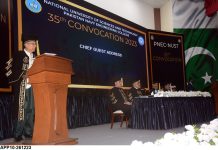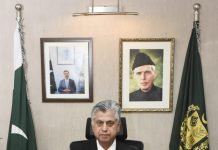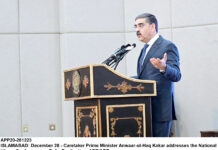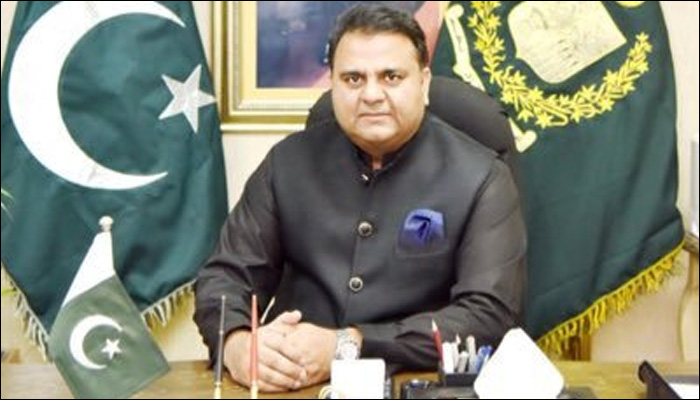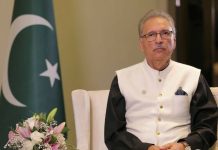Pakistan on Monday highlighted profound legacy of Gautam Buddha, emphasizing his timeless message of peace, compassion, and non-violence during a commemoration marking his birth, enlightenment, and passing. Ambassador Munir Akram, addressing attendees of the event organized at the UN Headquarters on the ‘Day of Vesak’, underscored the enduring influence of Gautam Buddha’s life and teachings, resonating across the globe. “Gautam Buddha’s journey serves as a beacon for humanity, guiding successive generations towards the pursuit of harmony, empathy, and peaceful coexistence,” remarked Ambassador Akram, highlighting the significance of embracing these principles in today’s turbulent world. The event, which was held at UN headquarters in New York, was co-sponsored by the Permanent Missions to the United Nations of Thailand and Sri Lanka. “Our region carries a rich heritage of Buddhist civilization,” the Pakistan envoy told delegates. The Indus Valley civilization in Pakistan saw the flourishing of Buddhism for over 2000 years — in Taxila, Swat and Takht-e-bai, where there were Buddhist universities. “Buddhism spread and flourished from there,” Ambassador Akram added. Buddha, he said, taught immutable precepts for human co-existence – compassion, wisdom, peace and non-violence; to stand up for the world’s weak, the marginalized and the oppressed against the powerful and oppressors; to show empathy and kindness to the vulnerable, and to defend the truth. “In our troubled times, the commemoration of Vesak Day is a good moment to renew our commitment to these values.” Buddha’s message is also reflected in the United Nations Charter, which makes it incumbent on member states to promote and ensure strict adherence to its principles – especially against the use of force, suppression of peoples and their human rights, the Pakistani envoy said. To this end, he noted that Pakistan along with the Philippines, regularly presents a resolution on the promotion of interreligious and intercultural dialogue, understanding and cooperation for peace that calls for to promoting inclusion and unity to combat racism, xenophobia, hate speech, violence and discrimination. “We need to promote a culture of peace and non-violence that benefits humanity, in particular the future generations, to create an environment conducive to harmony and mutual understanding.”
متعلقہ مضامین
-
Russia and Pakistan key stakeholders in Afghan peace: envoy
-
Russia and Pakistan key stakeholders in Afghan peace: envoy
-
South Africa win toss, to field against Pakistan in series decider
-
Asia Bibi can travel anywhere in the world: FO
-
Asia Bibi can travel anywhere in the world: FO
-
Asia Bibi can travel anywhere in the world: FO
-
Senate panel approves bill to raise marriage age limit to 18 years
-
Talpur, Majeed file review pleas in fake bank accounts case
-
West Indies women outclass Pakistan women by 71 runs in first T20
-
Court delays hearing of Barrister Fahad Malik’s murder case
-
Court delays hearing of Barrister Fahad Malik’s murder case
-
New visa regime shows how progressive Pakistan is: Chinese ambassador


